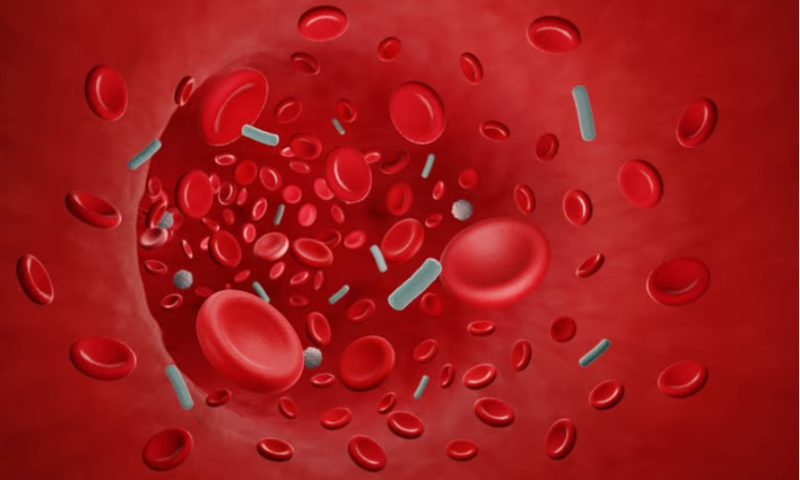Rates of septic shock, a serious complication of sepsis, are on the rise. With only antibiotics and symptomatic treatment available, biotech Inotrem hopes its investigational asset could be the first mechanism-based treatment for the life-threatening condition.
The French biotech released data from its phase 2b clinical trial in septic shock patients, dubbed Astonish, today at the International Sepsis Forum in Barcelona. The company’s lead compound nangibotide hit the trial’s main goal, improving patient scores on an organ failure assessment scale, as well as confirming that excessive TREM-1 activity is associated with severe immune dysregulation.
“The Astonish trial was designed as a phase 3 enabling trial; it generated positive and important insights about nangibotide’s therapeutic activity and our precision medicine approach in septic shock,” Jean-Jacques Garaud, Inotrem’s senior VP and head of scientific and medical affairs, said in an Oct. 13 release.
Garaud co-founded the immunotherapy biotech in 2013 after leaving his role as head of research and early development at Roche. He hasn’t gone far, though, as Inotrem remains closely tied to the big pharma. In 2020, Inotrem and Roche’s diagnostics division upgraded a years-long collaboration on a plasma test for septic shock with a worldwide licensing agreement.
The diagnostic aims to help sort out a mixed population of patients with activated TREM-1 pathways that may respond to nangibotide, Inotrem’s targeted treatment for sepsis and septic shock. In 2019, nangibotide received fast-track designation from the FDA, which can potentially help speed up the approval process, and holds a similar status from the European Medical Association.
Inotrem designed the peptide to inhibit TREM-1, which are receptors on certain white blood cells, to improve inflammatory response, vascular function and post-septic shock survival chances. In Astonish, the biotech measured nangibotide’s therapeutic effect in patients with high levels of the TREM-1 pathway activation marker sTREM-1. The double-blind study, held in six European countries and the U.S., evaluated nangibotide among 355 patients with septic shock.
The study confirmed that excessive TREM-1 activity is associated with severe immune dysregulation, organ dysfunction and ultimately death, according to the company.
“We observed that the TREM-1 pathway was activated in severe infections leading to septic shock,” Bruno François, professor and specialist affiliated with Limoges University Hospital and coordinating investigator for Astonish, said in the release. “Nangibotide is the first TREM-1 inhibitor and Astonish confirms its potential as a new therapeutic option for the septic shock patient population.”
With the tie between TREM-1 activity and immune dysregulation confirmed, Inotrem’s TREM-1 inhibitor also hit the trial’s main goal—improving morbidity scores related to organ function and patient clinical evolution over five days of treatment. The change of this score in the nangibotide-treated arms was compared to patients receiving a higher dosage as well as those receiving a place. The benefit of nangibotide high-dose treatment compared to placebo was clinically and statistically significant at higher concentrations of sTREM-1, representing about 50% of the patients.
Overall, the trial showed that TREM-1 modulation with nangibotide improved respiratory, cardiovascular and renal function, according to Inotrem. “We are looking forward to bringing definitive evidence in a phase 3 clinical study that nangibotide can reduce mortality in these critically ill patients,” François said.
Nangibotide is also being assessed in several other indications, including severe forms of COVID-19 and acute heart attacks. A readout for an ongoing phase 2 trial in patients with severe COVID-19 is expected Oct. 25. at the European Society of Intensive Care Medicine meeting in Paris.

